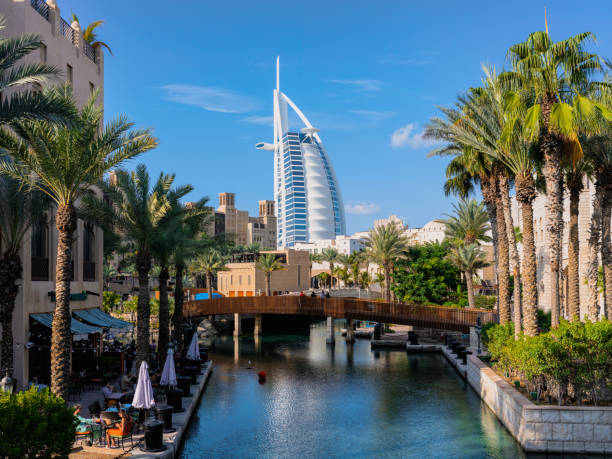Starting a business in Dubai can be a lucrative venture, given its strategic location, thriving economy, and supportive government policies aimed at entrepreneurs. The process involves several key steps, including choosing the right business structure, registering your company, finding a suitable location, and understanding the regulatory requirements. This article will guide you through the essential steps to successfully launch your business in one of the world’s most dynamic cities.
Understanding Business Structures

Before diving into the logistics of starting your business, it is crucial to understand the various business structures available in Dubai. Choosing the right structure not only helps in legal compliance but also impacts your finances and operational flexibility. Here are the main business structures you may consider:
- Limited Liability Company (LLC): Suitable for most business types, allowing foreign investors to own up to 49%. Local partners hold the remaining 51% stake.
- Free Zone Company: Ideal for entrepreneurs looking for 100% ownership, but they are restricted to operating within the free zone and outside UAE markets.
- Branch Office: Foreign companies can establish a branch in Dubai, which allows them to operate in the local market under their original company name.
- Representative Office: This serves as a liaison for parent companies to explore business opportunities without directly selling products or services.
- Sole Proprietorship: This structure is suitable for individuals who want complete control but requires a local sponsor to meet licensing conditions.
Registering Your Business

The registration process involves several steps that require careful attention to detail to ensure compliance with Dubai’s regulations. The first step is to choose a unique trade name that complies with local naming conventions. Once you have a name, you will need to submit your application to the Department of Economic Development (DED) to obtain an initial approval. Here are the key steps to follow:
- Choose and reserve your business name through the DED website.
- Prepare and submit your documents, including your business plan, passports of owners, and relevant local agreements.
- Obtain initial approval from DED.
- Finalize your lease agreement for business premises.
- Apply for your business license and pay the required fees.
Finding the Right Location
Location is critical for the success of any business. In Dubai, you can choose between mainland and free zone locations based on your business type and target market. Each option presents advantages and challenges. For mainland businesses, the advantage is broader market access, while free zones permit easier setup with additional incentives such as tax exemptions. When selecting a location, consider the following factors:
- Proximity to your target market and suppliers.
- Accessibility and transportation options for customers.
- Availability of talent and workforce pool.
- Cost of leasing or purchasing property.
- Compliance with zoning regulations as per your business model.
Dubai has strict regulatory frameworks that entrepreneurs must navigate. Understanding these regulations helps you avoid potential legal issues. When starting your business, familiarize yourself with the following essential legal requirements:
- Business Licensing: Ensure to apply for the appropriate business license based on your business activities.
- Visa Requirements: Obtain the necessary visas for yourself and your employees.
- Tax Obligations: Know your tax liabilities and keep records to comply with the UAE’s tax laws.
- Industry Regulations: Depending on your industry, you may need additional licenses or permits.
- Health and Safety Regulations: Adhere to all local health and safety laws applicable to your business.
Conclusion
Starting a business in Dubai is an exciting opportunity, but it requires thorough planning and adherence to regulatory frameworks. By understanding the various business structures, navigating the registration process, choosing the right location, and complying with all legal requirements, you can create a solid foundation for your business. The city offers numerous resources, mentorship programs, and networking opportunities that aspiring entrepreneurs can leverage to achieve success in their ventures. Embrace the journey and turn your entrepreneurial aspirations into reality in this vibrant city.
Frequently Asked Questions
1. What are the costs associated with starting a business in Dubai?
The costs vary by business type and location but can range from AED 10,000 to AED 100,000 or more, including licensing fees, rent, and other startup expenses.
2. Can foreign investors own 100% of a business in Dubai?
Yes, foreign investors can own 100% of a business when operating in designated free zones. However, for mainland businesses, a local partner is required.
3. How long does the business registration process take in Dubai?
The business registration process can take anywhere from a few days to several weeks, depending on the business structure and the completeness of your documentation.
4. Do I need a local sponsor to start a business in Dubai?
Yes, if you are setting up a mainland business, you require a local sponsor who will hold a 51% stake in your company.
5. What types of businesses are popular in Dubai?
Popular business ventures in Dubai include real estate, tourism and hospitality, trading, e-commerce, technology, and healthcare services.


